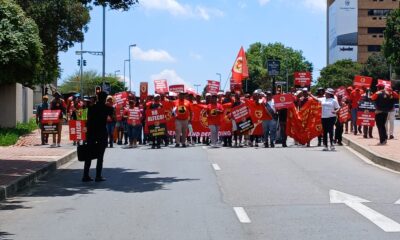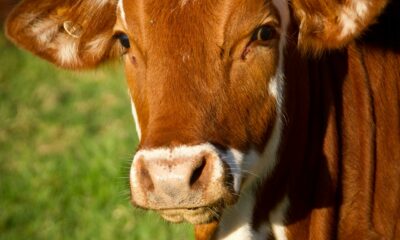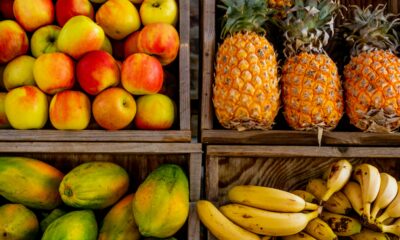News
South Africa’s Sugar Farmers Face ‘Double Whammy’ from Tariffs and Cheap Imports

On a dusty morning in KwaDukuza, Nkosinathi Msweli, 53, watches his workers bend over the sugar cane fields, their hands cutting through cane that stretches as far as the eye can see. For over 30 years, Msweli’s small farm has been a quiet success story, employing eight full-time staff and around 30 seasonal workers. But now, that story is under threat.
“Cheap imports were already eating into our earnings,” Msweli says, “and now with the US tariffs, it’s a double whammy. I’ll have to cut about 20 workers this season. Each person here supports ten lives back home.”
A Sector at Risk
South Africa’s sugar industry is more than just a source of sweetnessit is a backbone of rural employment, valued at around R25 billion and supporting over 300,000 jobs. Yet, the industry faces mounting pressures from global and domestic market forces.
Cheap sugar imports, especially from neighbouring Eswatini, which enjoys preferential access under regional trade agreements, are undercutting local prices. Meanwhile, global oversupply from major producers such as India and Brazil keeps prices depressed, squeezing South African farmers even further.
Then came US President Donald Trump’s 30% tariff on South African sugar importsa blow that threatens exports to one of the country’s premium markets. Under the African Growth and Opportunities Act (AGOA), South Africa previously benefited from a duty-free quota of 24,000 metric tons. While this represents only about 5% of total sugar exports, it brought higher prices that helped sustain domestic employment.
“Losing access to this market hits more than exports; it threatens livelihoods,” says Pratish Sharma, board member of the South African Cane Growers’ Association. “If we don’t maintain trade relationships with the US, the consequences will ripple across other sectors too.”
The Human Cost
For farmers like Msweli, numbers on a trade chart translate into real lives. Cutting jobs is not just an economic calculationit is a social crisis. In communities where seasonal work on cane farms is a primary income source, layoffs can mean hunger and hardship.
“All this is going to cause starvation and hunger,” Msweli warns. “People will struggle to feed their families this season.”
Social media has amplified these fears, with hashtags like #SaveSouthAfricanSugar trending among rural communities and advocacy groups calling on the government to act swiftly to protect local farmers.
Small Farmers, Big Challenges
South Africa’s sugar sector is unique in that it blends large-scale commercial farms with nearly 26,000 small-scale, predominantly Black farmers, who work alongside 1,100 large-scale growers. The sector carries the weight of history: agricultural land ownership is still largely dominated by a white minority, a lingering legacy of apartheid.
For small-scale farmers, global trade disruptions and tariffs can be existential threats. “We have no buffer against shocks like this,” Msweli says. “Every policy decision, every import, every tariff directly affects our ability to survive.”
The South African Cane Growers’ Association is pushing the government to negotiate a trade deal with Washington to safeguard exports. But even if a deal is reached, it may arrive too late to save this season.
As Msweli surveys his fields, he knows the stakes are higher than sugar prices. “This isn’t just business,” he says. “It’s people’s lives. Every cut in the field echoes back home. We are fighting to survive, not just for profit, but for our communities.”
The season ahead will test the resilience of South Africa’s sugar farmers, and with global uncertainty and policy pressures mounting, the “sweet life” for many rural communities may become a bitter struggle.
{Source: Engineering News}
Follow Joburg ETC on Facebook, Twitter , TikTok and Instagram
For more News in Johannesburg, visit joburgetc.com



























